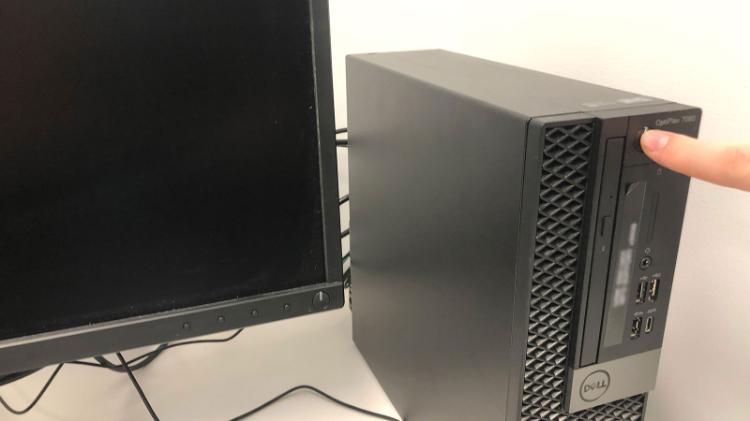Energy consumption reduction and renewable energy initiatives are a focus in our energy management strategies as we work towards being self sufficient in energy use. UOW is a large consumer of energy. Energy consumption represents approximately 98% of the University’s Scope 1 and 2 greenhouse gas emissions.
Reduce energy use
The power is in your hands
Shut down and switch off your computer at the end of everyday.
Save unnecessary energy use
Energy reductions can only be achieved through the efforts of everyone of us switching off unneeded items. UOW continues to implement energy saving initiatives across its campuses to improve the efficiency of HVAC and lighting systems. However, most energy savings can only be achieved by individuals switching off items when they are not in use.
1. Please take the time to look at what items you can switch off
- Ensure you switch off your monitor and shutdown your computer. Shut down, Switch off for more information.
- Printers, scanners and photocopiers in office areas at UOW can all be switched off. If you are unsure how to do so please contact IMTS or your Faculty IT staff for advice and instructions.
- Large multifunctional devices and fax machines can be switched off during holiday periods. Leave a note to notify staff that it has been switched off. Please be aware that if you switch off your multifunctional printer/fax that no faxes will be received during this time.
- Turn off any lights that are manually operated when you leave the room. Check shared areas and switch off lights if you are last to leave.
- Ensure you turn off your personal and ceiling fans when you leave everyday.
- When you are not charging your mobile phone or batteries make sure you switch them off at the power point as they still use power even when they are not charging.
- Wall style zip boilers are able to be turned off at the power point and should be switched off during holiday periods. However, on advice from maintenance staff, DO NOT TURN OFF the under sink style zip boilers. If you want further advice or clarification please contact the Infrastructure and Property Division Service Centre.
- Consider cleaning and emptying then switching of the fridge during holiday periods.
- Make sure you switch appliances (such as TV's and DVD's) off at the power point when not in use as many of them use power in standby mode.
- Only Laboratory Managers (or staff assigned to particular items of equipment) are to turn off anything in laboratory areas. Laboratory Managers (and assigned staff) are to use their discretion taking into consideration risk management, WH&S, research requirements and the operating issues of the items prior to turning off any items of equipment under their management. It is also strongly suggested that they discuss any proposal to turn off items in consultation with users.
- For air-conditioning systems around campus there are a wide variety of control methods. Some areas have air-conditioning that have automatically operated systems that are controlled automatically via local time clocks or campus Building Management and Control System (BMS) mechanisms. These systems will be automatically switched off after work hours. Some areas with air-conditioning systems have local manually controlled systems please ensure that these units are turned off when you leave each day.
- Portable heaters should never be left ON unattended. See Heater use in office areas for more information about using heaters at UOW.
2. Consider the energy efficiency of appliances prior to purchase. Look for energy star ratings.
3. At university, if you are purchasing research equipment consider the amount of energy that it might use. High energy use equipment should be discussed with the Infrastructure and Property Division to ensure the additional electrical load is appropriate for the electrical infrastructure of the building.
4. Refer to the Useful links for further advice on energy savings and renewables.